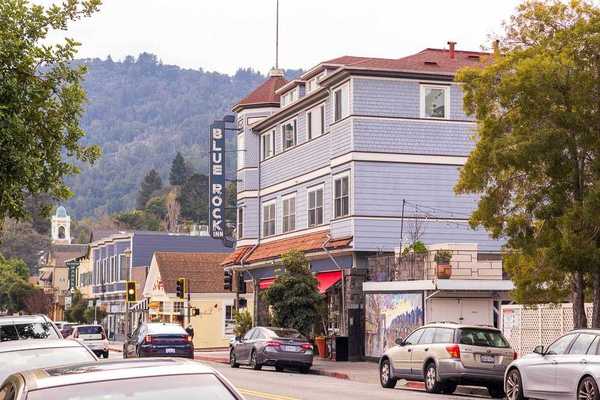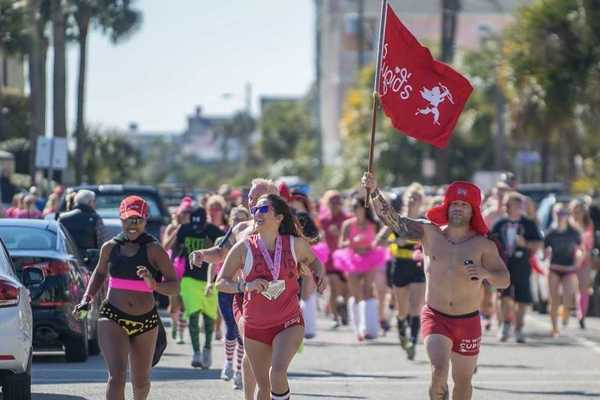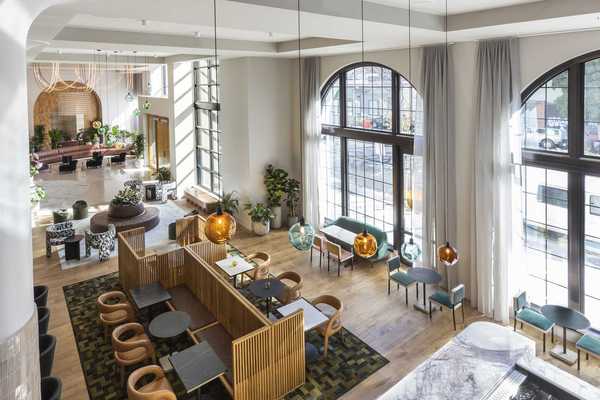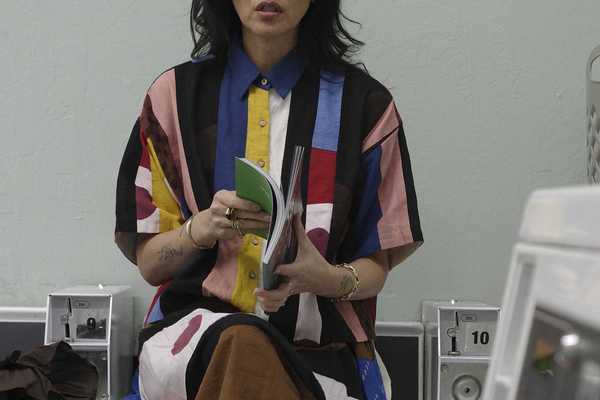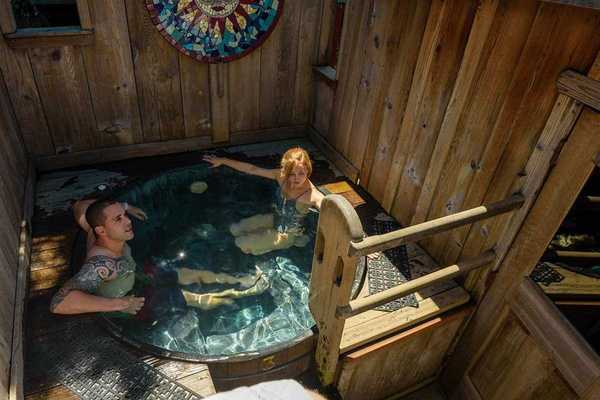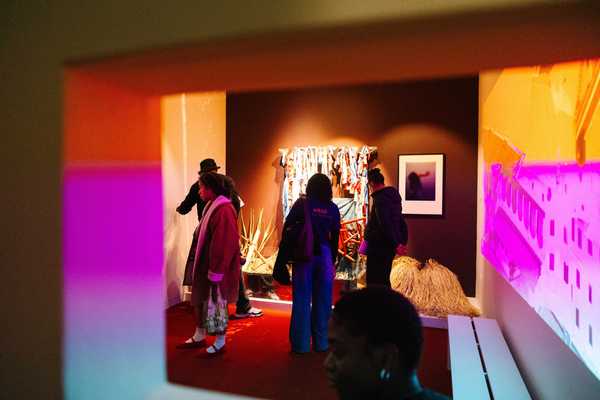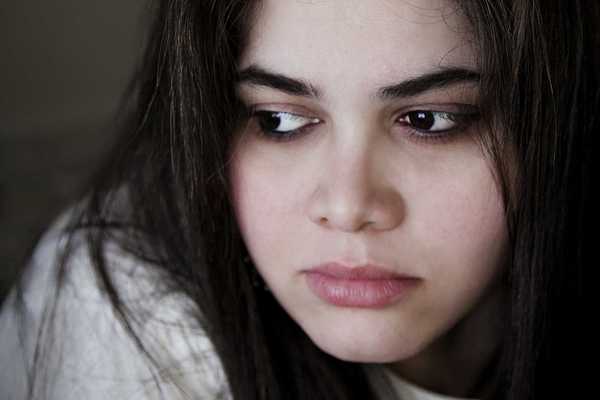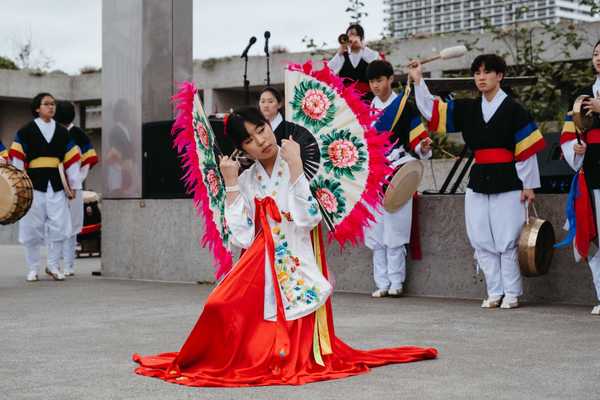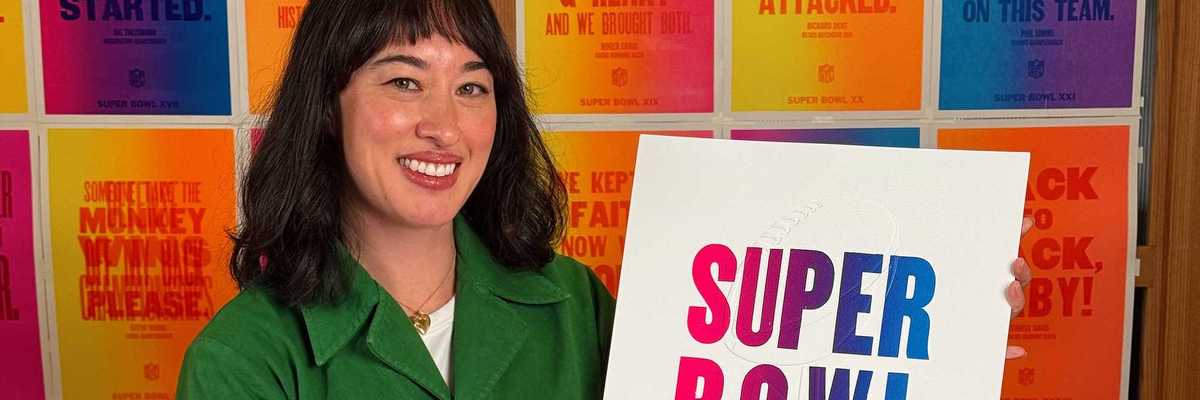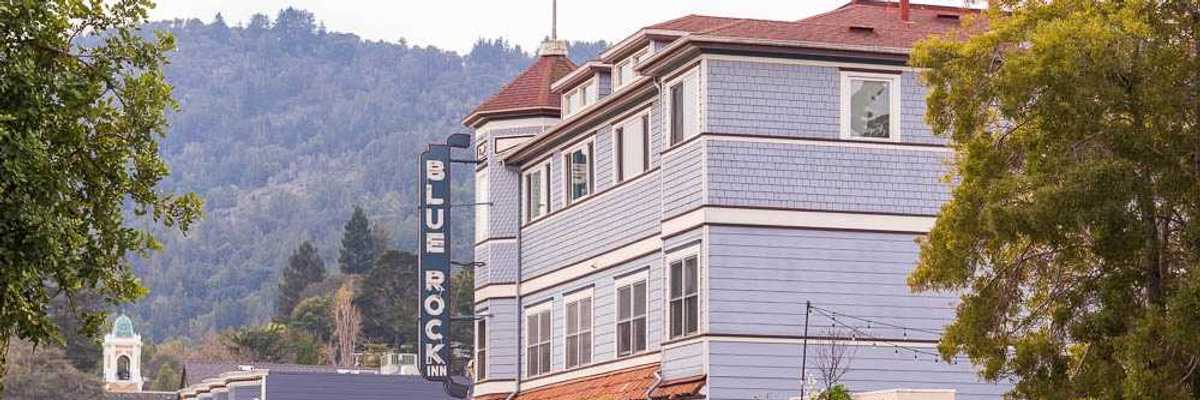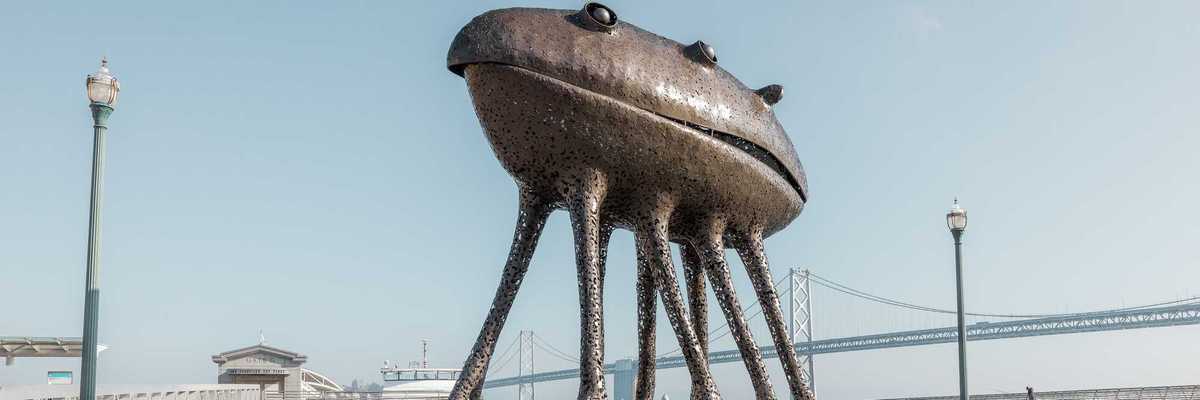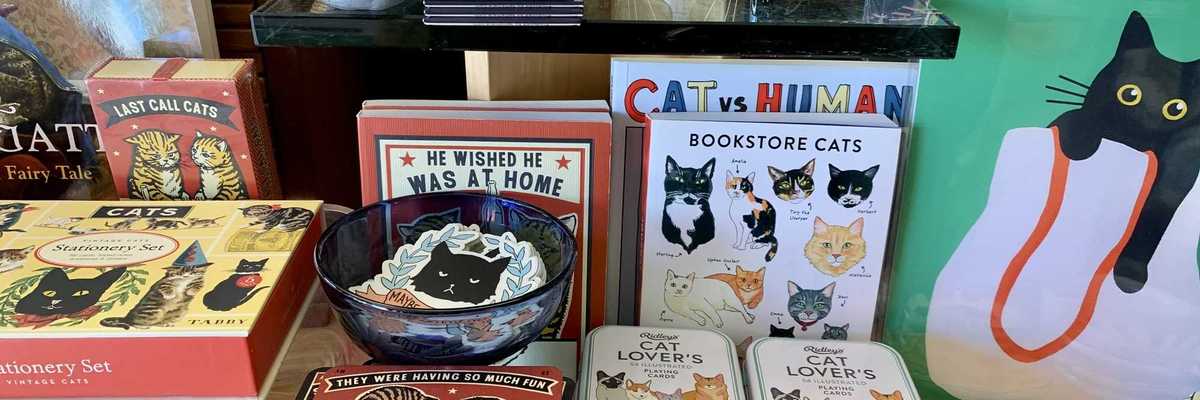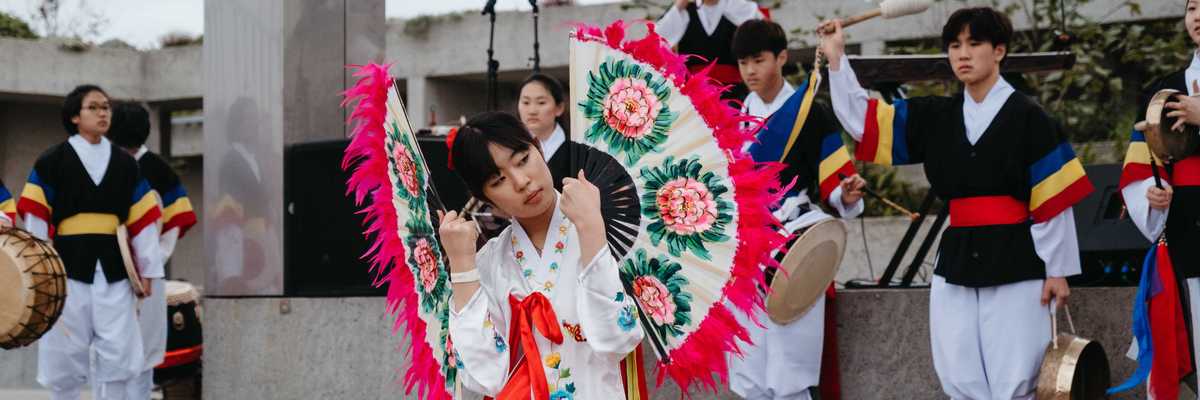Don Young, program director for the Center for Asian American Media (CAAM), remembers seeing Kayo Hatta’s Picture Bride at San Francisco’s AMC Kabuki Theater in 1994, soon after it screened at the Cannes Film Festival.
The Japantown cinema is important not just to Young personally, but to Asian American film around the country, he says.
So, he’s happy that CAAMFest—the oldest festival of its kind in the U.S.---will return there May 8th through May 11th, opening with the film Third Act, a documentary by Tadashi Nakamura about his father, Robert A. Nakamura, the godfather of Asian American film.
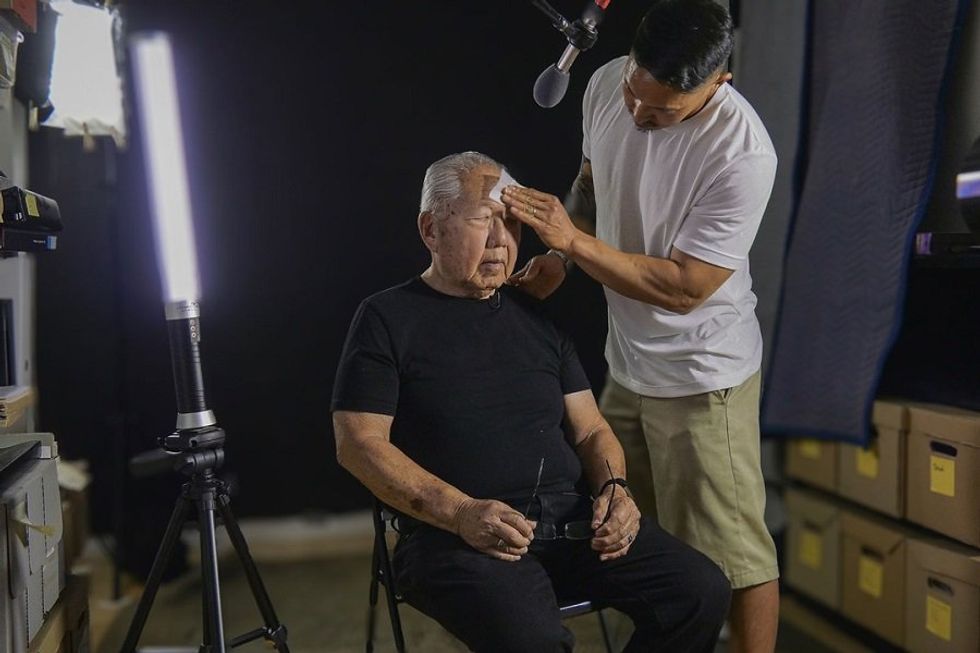
The festival will have panel discussions and other events throughout the weekend to support Asian American filmmakers. One special guest is the handsome and talented Daniel Dae Kim (Lost, Hawaii Five-0, Always Be My Maybe—which is set in SF). Kim is a respected actor and producer, but also an “amazing, good soul.”
“He’s been so committed to building community narrative power,” says Young. “He always shows up.”
Many of this year’s films focus on grief, healing, and connection, says CAAMFest’s program manager, Del Holton. Those themes, along with a look at masculinity, show up in Bitterroot, the CAAM-funded Centerpiece Film about a divorced Hmong father in Montana caring for his aging mother.
There are films about mothering too—both in the traditional sense, and in terms of the roles women play in community building, Holton says. Trinh T. Minh-ha’s documentary What About China?, for example, emphasizes women’s voices, while Chithra Jeyaram’s Love, Chaos, Kin, a Centerpiece Documentary, deals with adoption.
The festival also spotlights Southeast Asian diaspora perspectives in commemoration of the 50th anniversary of the end of the Vietnam War.
One is Oakland filmmaker Tony Ngyuen’s Year of the Cat, a sort of investigative home movie in which he tries to find out who his father was from his mother—who left the country with the fall of Saigon—from other family members, and through DNA testing. The film, which takes some unexpected turns, falls into the genre of returning to the homeland, says Holton.
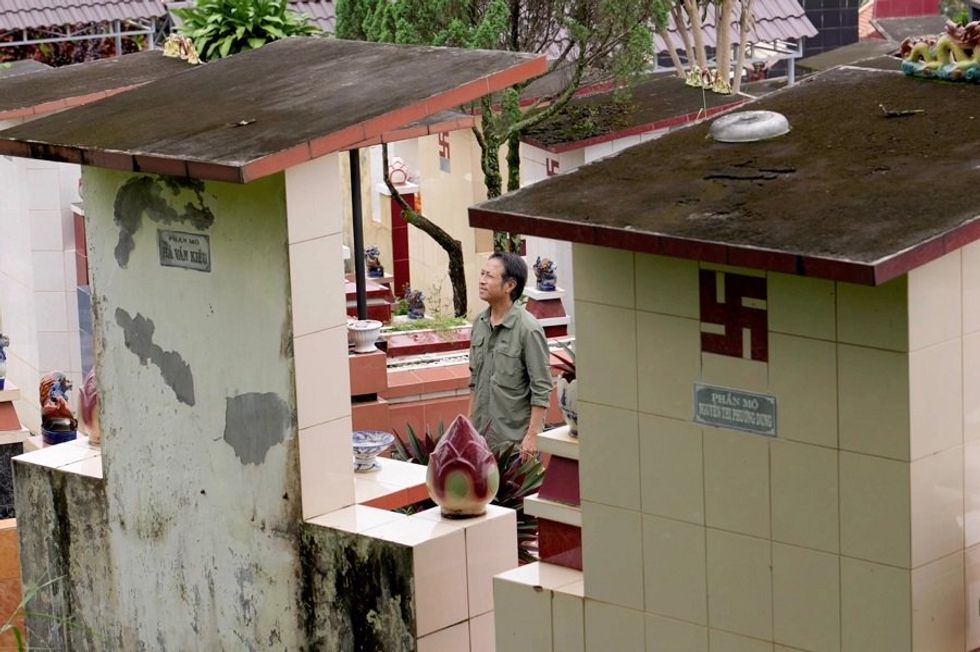
Nguyen, both in the movie and in a phone interview, explains that he became a filmmaker when he became a father, pointing a camera at his kids to document their first steps, first birthdays, and daily activities.
Year of the Cat begins with Nguyen going to Indiana to see his mother after she has a mini stroke. Because she wasn’t the most reliable narrator, he enlisted help from cousins and sisters, both in finding his father and with the Vietnamese language.
A big setback in his search (which is shown in the film) sent him spiraling into depression, but finding the identity of a cousin’s father, which led to her meeting her sister for the first time, helped. There was something else that inspired him to keep going, too:
“This might sound a little bit weird, and I'm not a deeply spiritual or religious person, but during that period, I remember just hearing a voice say, ‘Slowly but surely, this can't be rushed,” he says. “I have a dry erase board in my living room, and I just remember writing that down: ‘slowly, but surely, this can't be rushed.’”
At CAAMFest’s closing night on May 11th, Daniel Dae Kim will present a film-stage production of David Henry Hwang’s Broadway play Yellow Face at the Kabuki. That’s Mother’s Day—so, if your mom loves Kim (and why wouldn’t she?), treat her to the show.
// Year of the Cat screens at AMC Kabuki (1881 Post St., Japantown) on May 9 at 8:30pm, followed by a Q&A with Nguyen. CAAMFest runs May 8- 11 at the AMC Kabuki and other venues including Roxie Theater, the Asian Art Museum, and the Phyllis Wattis Theater at SFMOMA; caamedia.org/caamfest




